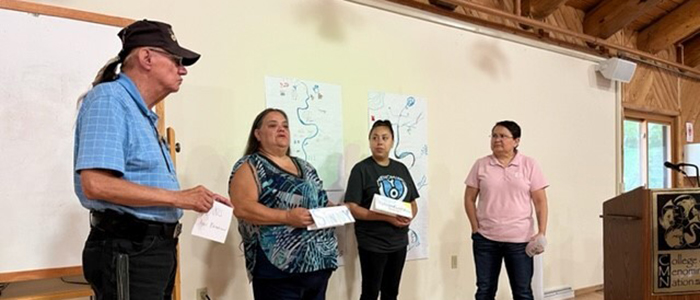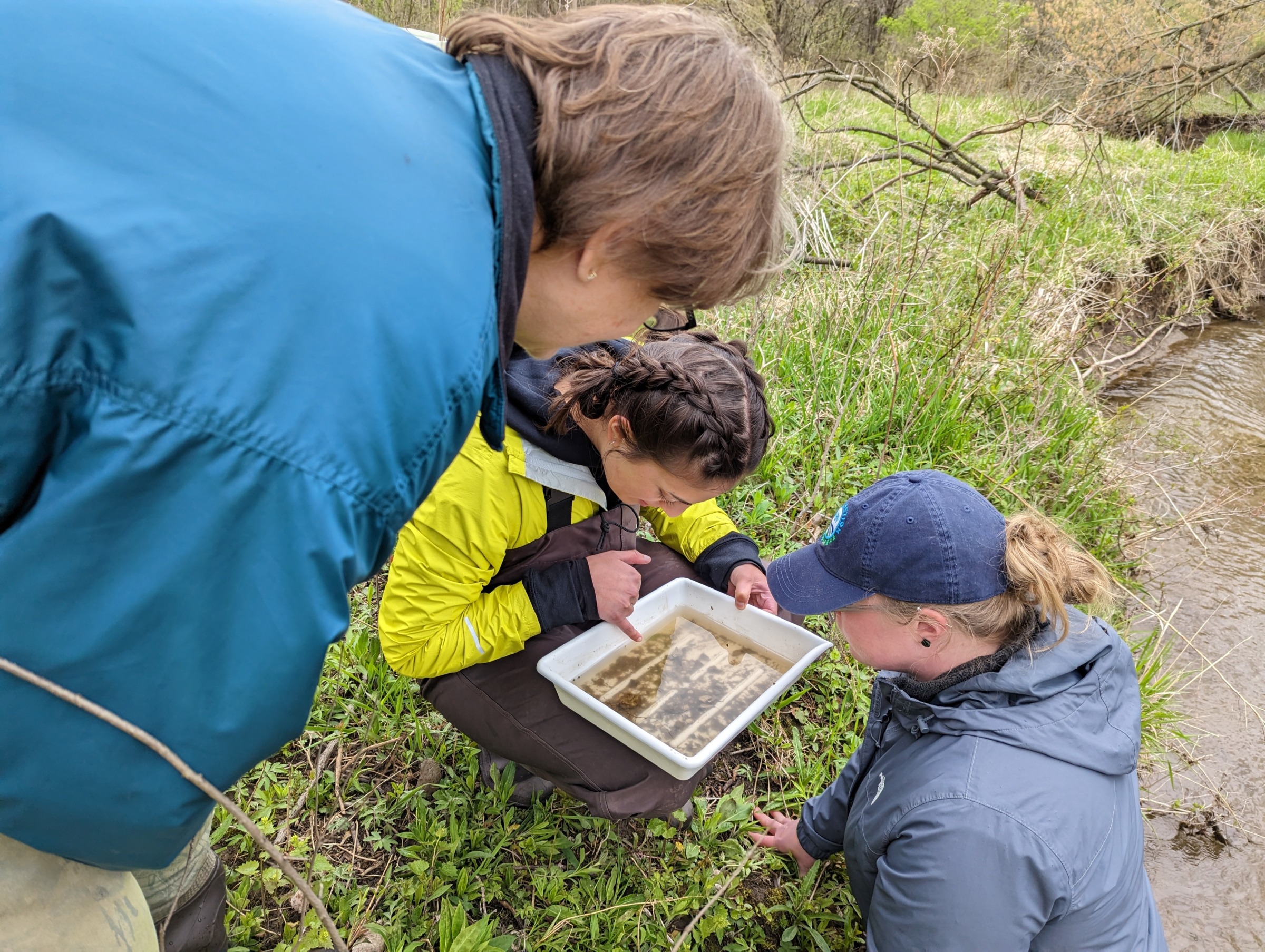
Our Impacts
Extension is the Wisconsin Idea in action!
UW–Madison Extension’s outreach creates key connection points for families, farms, communities, businesses, nonprofit organizations, government, and more. We support local volunteers and leaders to take action and serve as role models in their communities, and we make sure Wisconsinites have the latest research, best practices, and educational opportunities.
Extension reaches more than 520,000 direct participants in our programming every year, including:
114,000
contacts with agricultural producers and farm technicians
18,000
local and Tribal government officials and staff
16,000
nonprofit workers and support agency advocates
We also partner with more than 2,000 community organizations and business, empower 26,000 youth 4-H members, and support 9,900 volunteers in their work equaling 422,000 hours of service
Impact Stories
Explore the impact Extension has had across Wisconsin, from fostering agricultural advancements and preserving natural resources, to empowering youth, driving community development, and supporting people across all stages of their lives.
Want to get the latest updates from Extension directly in your inbox?
By signing up for our newsletter, you’ll receive news and information on new Extension events, resources, research, and more.
Thank you and welcome!













